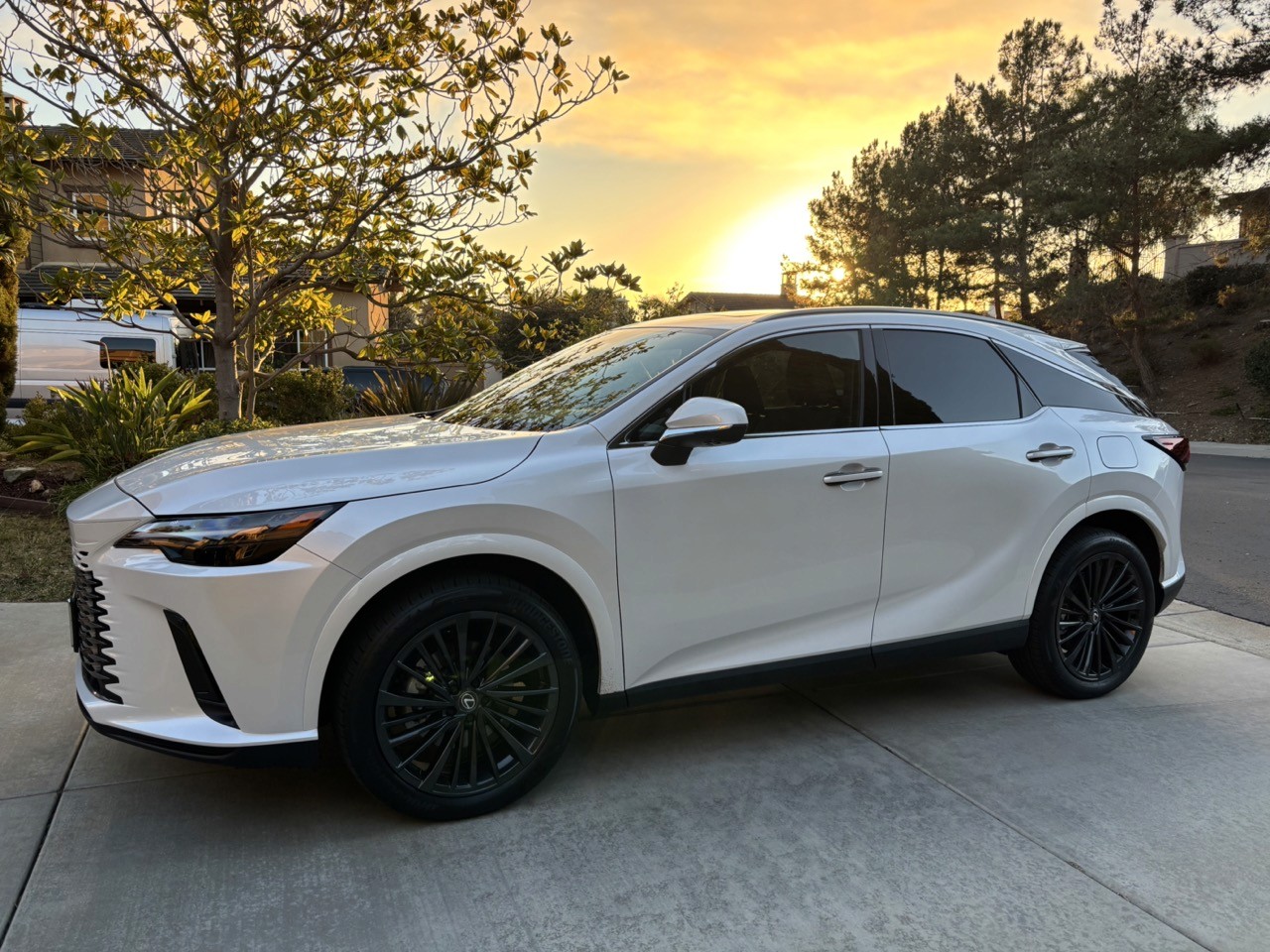
Navigate the Insurance Landscape: Making Smart Choices for Your Car Coverage
Written By
Peter O'Neil
Published
Jun 17, 2024
Navigate car insurance complexities with our expert guide. Learn how to balance deductibles, choose the right coverage, and leverage professional insurance agents for optimal support. Stay informed about market trends and make smart decisions for your financial security.
Introduction
Navigating car insurance can be a complex process, but it's an essential part of car ownership. Oftentimes people only reevaluate their coverage levels when they purchase or lease a new vehicle. So if you've been renewing your policy year after year without reassessing, it may be time to review your coverage.
The New York Times recently highlighted an increase in car insurance rates. If you haven't compared insurance prices in over a year, it could be beneficial to see what other rates are available. However, don't be tempted to chase the lowest price tag. Insurance is about more than just cost – it's about value, support, and peace of mind.
So let's dive in and learn a little more about insurance coverages and we will start off with something that almost everyone has questions about, deductibles.
Understanding Deductibles
Deductibles play a significant role in your insurance costs. Higher deductibles typically result in lower premiums, but you should balance this with your level of risk. Consider what you have to lose. For example, owning a home or other significant assets might necessitate higher coverage levels to protect against lawsuits.
A strategic approach could be to have a lower deductible for comprehensive coverage and a higher one for collision coverage. Comprehensive coverage handles non-collision incidents like theft, vandalism, and natural disasters. Since comprehensive claims generally don't impact your driving record, a lower deductible can minimize out-of-pocket costs for such incidents.
On the other hand, collision coverage deals with car-to-car impacts or collisions with objects. Claims here can affect your insurance rates and driving record. A higher deductible for collision coverage might help keep your premiums lower, given that these incidents could result in more significant rate increases.
For additional insights, check out our related video on car insurance on our YouTube channel:
Understanding Deductibles:
Key Points:
High deductibles lower premiums.
Consider your level of risk and what you have to lose.
Strategies for balancing comprehensive and collision deductibles.
Types of Insurance Policies
Fundamentally, there are two types of car insurance policies: full coverage and liability-only. Liability-only policies are only an option if you own your car outright. Lenders require full coverage to protect their investment. Full coverage includes both liability and physical damage protection, covering damages to your car and the other party's vehicle.
In California, the state minimum requirements for liability coverage are quite low and may not provide adequate protection. The minimums are $15,000 for injury to one person, $30,000 for injury to more than one person, and $5,000 for property damage. Considering the high costs of repairs and medical expenses, these amounts can quickly be exceeded, leaving you financially vulnerable.
For additional insights, check out our related video on car insurance on our YouTube channel:
Types of Insurance Policies:
Key Points:
Differences between full coverage and liability-only policies.
State minimum requirements and their adequacy.
Comprehensive vs. collision coverage and their impact on premiums.
Insurance Market Trends
Increasing Insurance Rates and Consumer Behavior
Insurance rates have risen significantly due to inflation and increased claims. This has led more consumers to shop around for better deals, driven by dissatisfaction with rising costs. For example, major speeding violations and other poor driving habits have contributed to higher claim costs, prompting insurers to raise rates. In 2023, auto insurance rates increased by an average of 8.4%, leading 12% of consumers to seek new providers.
Implications:
Insurers must communicate the reasons for rate increases transparently to retain customers.
Enhancing customer service and digital tools can offset the impact of rising prices.
Digital Customer Interactions and AI
The adoption of AI and digital tools is transforming customer interactions. Telematics and usage-based insurance (UBI) programs are growing, allowing safer drivers to benefit from discounts. AI-powered chatbots and digital claims processing are improving efficiency and customer satisfaction. However, concerns about AI bias and data privacy remain.
Implications:
Insurers should focus on user education and transparent communication to build trust in AI-driven processes.
Testing the effectiveness and usability of AI tools is crucial to ensure positive customer experiences.
For additional insights, check out our related video on car insurance on our YouTube channel:
Insurance Market Trends:
Key Points:
Reasons behind rising insurance rates.
Impact of inflation and supply chain issues on car repairs and insurance.
State-specific regulations affecting insurance premiums.
Leveraging Professional Guidance
In the digital age, it might be tempting to navigate insurance choices on your own. However, leaning on an experienced insurance agent can offer significant benefits. Professionals can help you understand the intricacies of different policies, guide you to the best options for your needs, and provide support throughout the claims process. This professional assistance can more than pay for itself by helping you avoid costly mistakes and ensuring you have the right coverage.
Just like auto brokers who help you find the best car deals and navigate the purchasing process, insurance agents can provide invaluable assistance in managing your car insurance.
Conclusion
Car insurance is more than a legal requirement—it's a part of financial planning and your overall risk mitigation strategy. When choosing coverage, consider:
Deductibles: Higher deductibles lower premiums but increase out-of-pocket costs. Balance comprehensive and collision deductibles based on your risk level.
Types of Policies: Full coverage vs. liability-only policies; full coverage protects both your car and others'.
Coverage Levels: State minimums may not be sufficient; ensure adequate protection against high repair and medical costs.
Market Trends: Rising rates, digital interactions, EV complexities, and ESG considerations all impact your insurance decisions.
By staying informed and leveraging professional guidance, you can navigate the insurance landscape effectively and secure the best coverage for your needs.


















